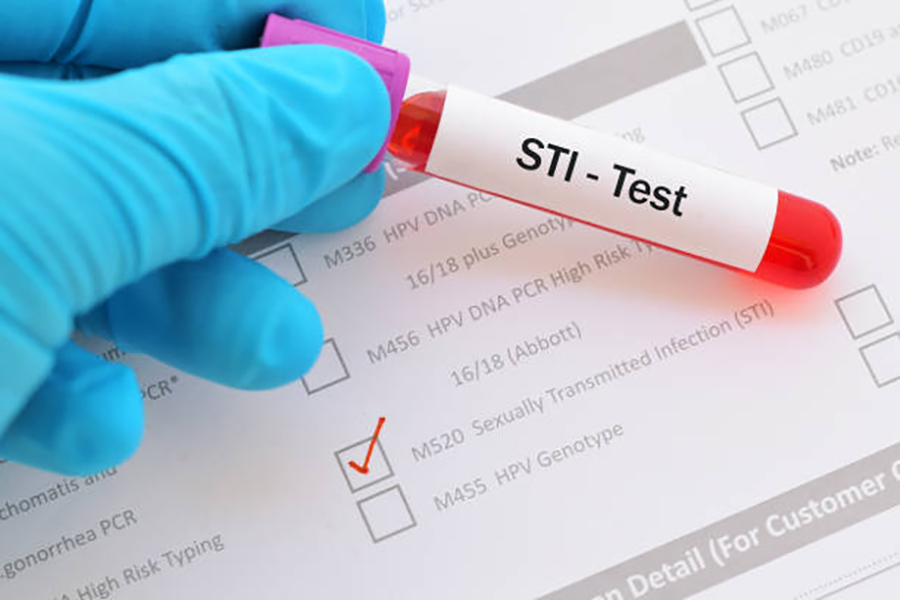The World Health Organization (WHO) has released data on the global surge in sexually transmitted infections (STIs), with over a million new cases reported daily. The COVID-19 pandemic’s effect on low coverage for prevention, testing, and treatment services for STIs has contributed to this concerning rise.
Even countries with robust STI surveillance, like the UK and the US, are witnessing failures in current treatment recommendations for certain STIs, such as gonorrhoea, with emerging high rates of antibiotic resistance.
In response to these challenges, WHO has unveiled new guidelines utilizing Target Product Profiles (TPPs) for point-of-care diagnostic technologies to diagnose syphilis, Chlamydia trachomatis, Neisseria gonorrhoea, and Trichomonas vaginalis.
TPPs outline desired characteristics for disease-specific target products, aiming to improve early testing and diagnosis, crucial in curbing STI spread.
Dr. Teodora Wi, Lead for Sexually Transmitted Infections of the WHO Global HIV, Hepatitis, and STIs Programmes, stressed the importance of accessible low-cost point-of-care tests to enhance data collection and quality delivery of STI services.
Notably, gonorrhoea surveillance studies have discovered high rates of resistance to commonly used antibiotics, including ceftriaxone, cefixime, and azithromycin.
WHO expressed deep concern about the spread of a highly resistant ceftriaxone-resistant Neisseria gonorrhoea clone across several countries.
Congenital syphilis cases, transmitted from mother to child during pregnancy, are also increasing, but global shortages of benzathine penicillin pose significant challenges in effective treatment.
In addition to the use of TPPs, WHO has updated its manual for laboratory and point-of-care diagnostic testing for STIs, including HIV. The revised manual includes information on molecular tests, rapid point-of-care tests, and quality management of diagnostic procedures.
Dr. Meg Doherty, Director of WHO’s Global HIV, Hepatitis, and Sexually Transmitted Infections Programmes, emphasized the need for resilient and adaptive STI service models to combat current and future threats.
